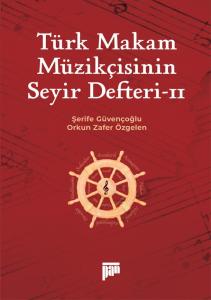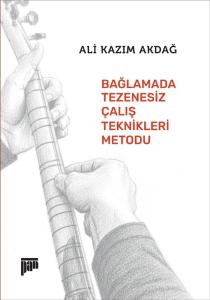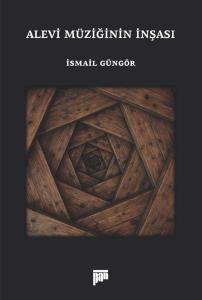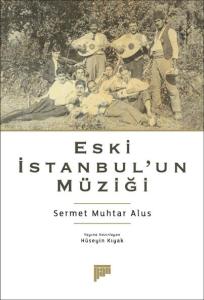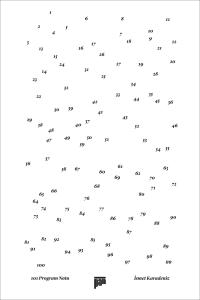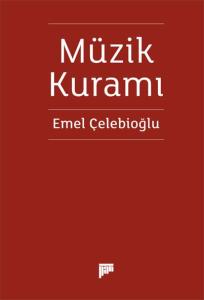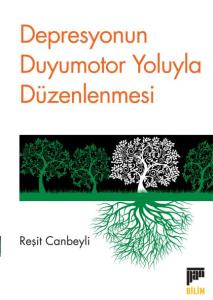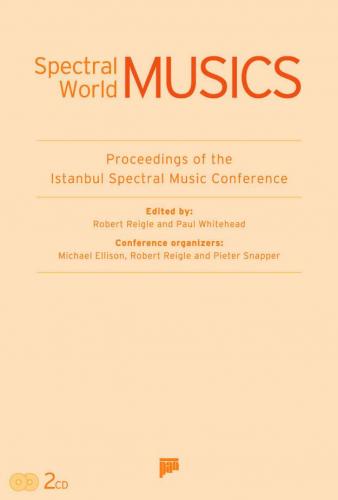
Written from a variety of perspectives by experts in such fields asComposition, Ethnomusicology, Historical Musicology, Performance, andImprovisation, this collection of papers sheds new light on thehistory of timbre and spectral thinking. As Robert Reigle explains inhis important Introduction, "Some musics around the world clearlyforeground timbre, and these may unambiguously be called 'spectralmusics'." The Istanbul Spectral Music Conference, at which thesepapers were presented, therefore redefined "spectral music" toencompass any music foregrounding timbre as an important element ofstructure or musical language. The organizers initiated this holisticapproach to the idea of spectral music to make explicit the importanceof timbre as a near-universal concern of music-making, and toestablish timbre as a central and applied component of musicaldiscourse. By including ethnomusicologists, they acknowledged thevital role of timbre throughout the world history of music, while atthe same time recognizing the importance of the Spectral School thatoriginated in Romania and France, as both a catalyst spurring dialogueacross disciplines and one of the major aesthetic movements of ourtime.
Written from a variety of perspectives by experts in such fields asComposition, Ethnomusicology, Historical Musicology, Performance, andImprovisation, this collection of papers sheds new light on thehistory of timbre and spectral thinking. As Robert Reigle explains inhis important Introduction, "Some musics around the world clearlyforeground timbre, and these may unambiguously be called 'spectralmusics'." The Istanbul Spectral Music Conference, at which thesepapers were presented, therefore redefined "spectral music" toencompass any music foregrounding timbre as an important element ofstructure or musical language. The organizers initiated this holisticapproach to the idea of spectral music to make explicit the importanceof timbre as a near-universal concern of music-making, and toestablish timbre as a central and applied component of musicaldiscourse. By including ethnomusicologists, they acknowledged thevital role of timbre throughout the world history of music, while atthe same time recognizing the importance of the Spectral School thatoriginated in Romania and France, as both a catalyst spurring dialogueacross disciplines and one of the major aesthetic movements of ourtime.

